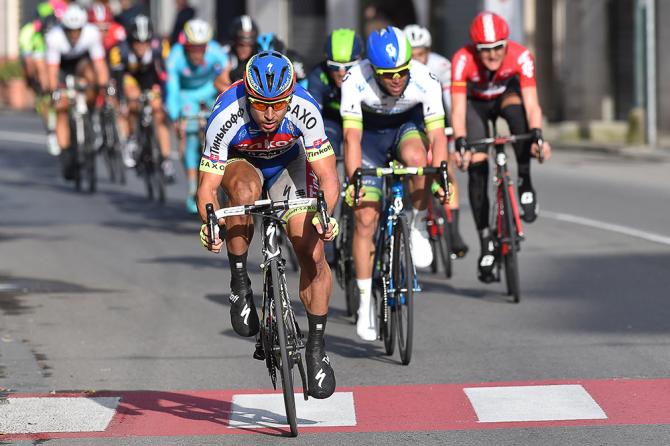5 conclusions from Milan-San Remo
Lessons learned from La Classicissima
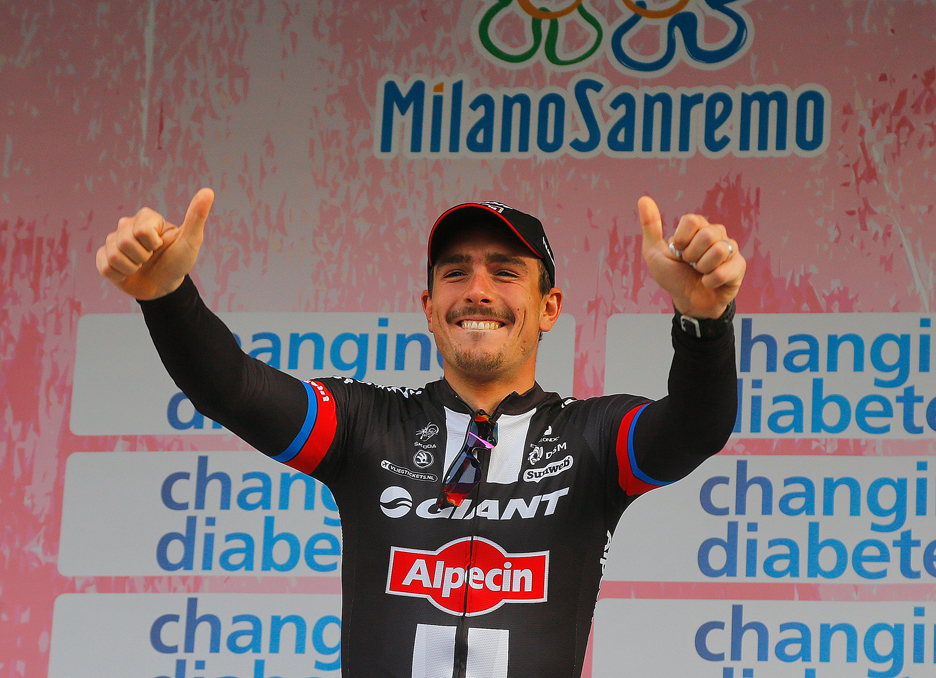
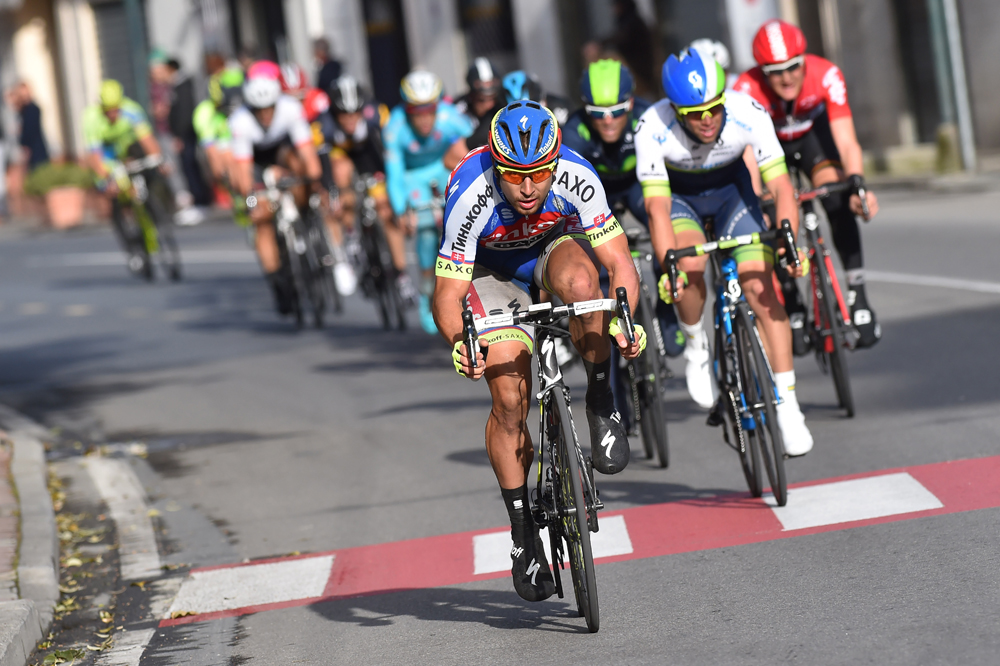
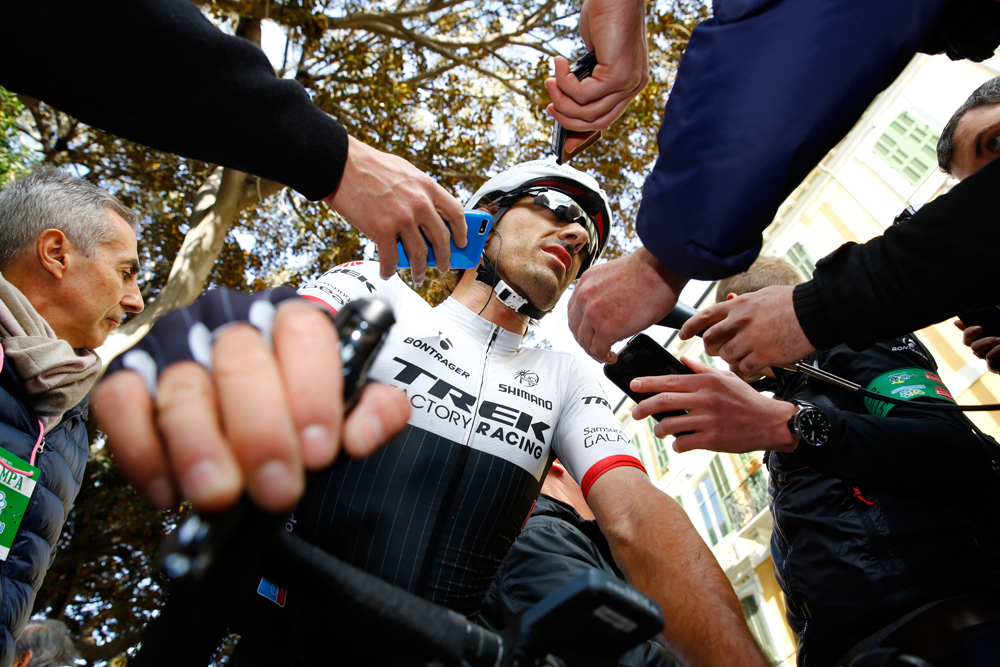
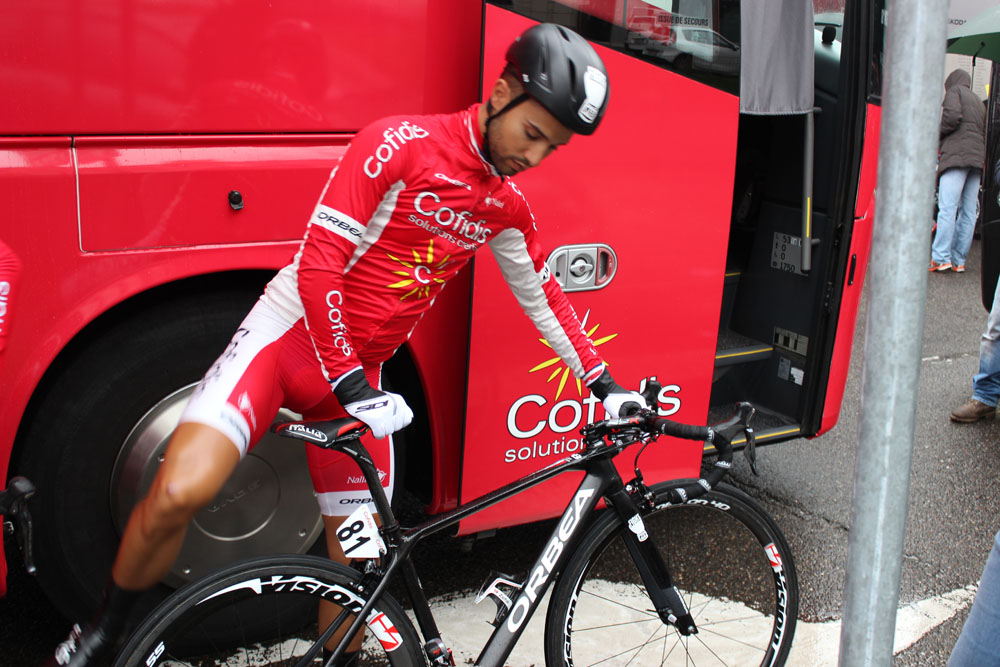
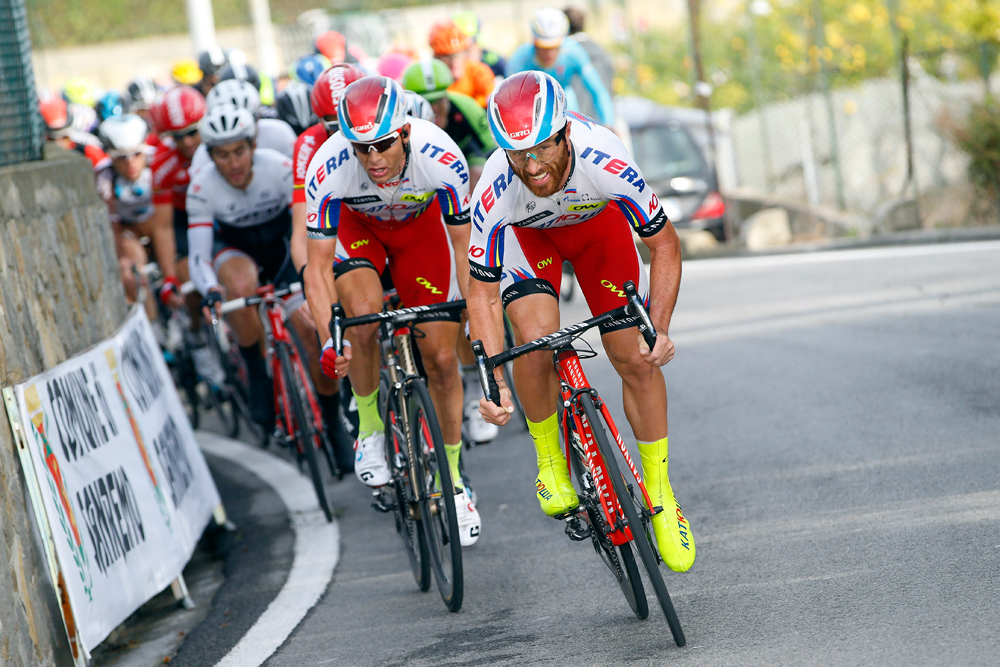
A man of the match showing from Paolini
John Degenkolb carried off the spoils at Milan-San Remo but the day’s outstanding individual performance came from the evergreen Luca Paolini, who reprised his best supporting actor’s role from last year and came within 100 yards of delivering his Katusha teammate Alexander Kristoff to a second successive Primavera win.
When Kristoff was dangling on the back on the Cipressa, suffering under the weight of Sky’s forcing, it was Paolini who acted as the Virgil to his Dante, serving as his guide through that hellish moment and keeping him in the hunt.
Paolini was even more impressive on the Poggio, where he bustled his way to the front and, with Kristoff tucked on his wheel, set a brisk, even tempo that discouraged any accelerations until the upper reaches of the climb.
His final act, like last year, came amid the chaos of the frantic closing kilometres in the streets of San Remo. Somehow, Paolini bustled his way to the front and produced the longest of lead-outs for Kristoff – though not quite long enough as it turned out. Kristoff was forced to come past a tiring Paolini a notch sooner than he would have liked and was passed by Degenkolb at the death.
The fault was certainly not Paolini’s, though a comparison with last year’s race shows how many variables are in play in the finale of a major classic. And winning Milan-San Remo, in particular, is not an exact science.
Twelve months ago, Paolini also led into the final kilometre but just as he was running out of steam on the Lungomare Italo Calvino, Philippe Gilbert emerged to launch the sprint from distance, and the rest was history. There was no such unwitting helper this time around, and Kristoff’s second-place finish means that Paolini’s display will not enter the annals like his efforts last year or in 2003 on behalf of Paolo Bettini.
The latest race content, interviews, features, reviews and expert buying guides, direct to your inbox!
Can Cancellara win another San Remo?
This weekend’s Milan-San Remo marked the end of an astonishing 12-race run that had seen Fabian Cancellara make the podium in every Monument that he finished. The Swiss rider tried to take on the top sprinters in the finale, but found himself with nowhere to go after being blocked in with 500 metres to go and left with seventh place for his troubles.
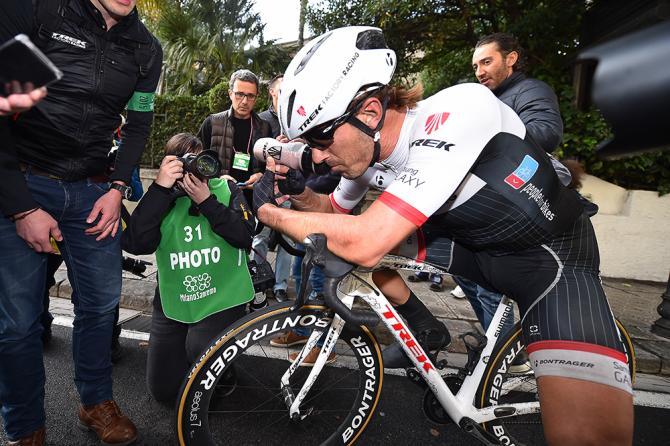
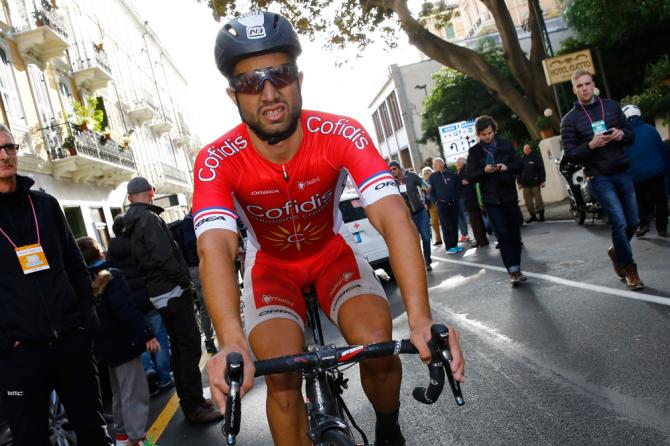
Do less than Degenkolb?
In a race of nearly 300 kilometres, especially one that takes place in adverse conditions, the key to victory lies not in grand, sweeping gestures and flagrant attacks but in the smallest details and energy-saving tactics. It is for this reason that the winners we've seen over the past decade have been, with the exception of an impressively on-form Fabian Cancellara in 2008, the men who work the least and wait to use their one effort and just the right moment.
Giant-Alpecin's John Degenkolb stayed well positioned and calm, never putting his nose in the wind until the most important moment: the path to his victory salute. The question now is, is Degenkolb just a man of the moment or a burgeoning Spring Classics legend?
It's been since 1986 since the last time a rider won Milan-San Remo and then claimed another spring Monument, when Sean Kelly followed up his La Primavera victory with his second Paris-Roubaix title. Degenkolb has shown he's more than just a sprinter, which sets him apart from the bulk of the recent Milan-San Remo winners. While the Oude Kwaremont and Paterberg of the Tour of Flanders might be a bit beyond his reach, Degenkolb's second place in Paris-Roubaix last year makes it obvious where his best chance at matching Kelly's record lies.
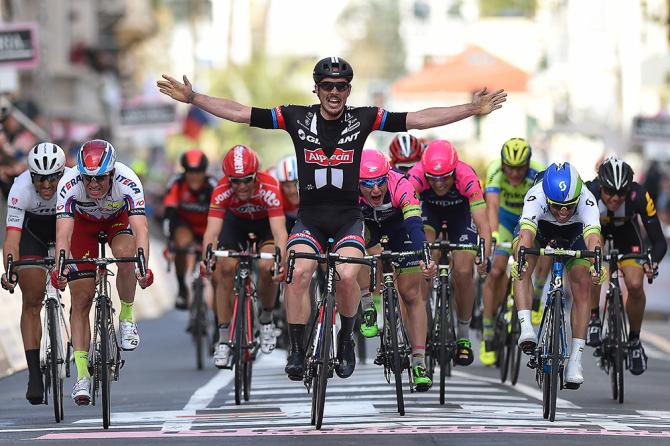
Sagan still unsure of how he wants to win
